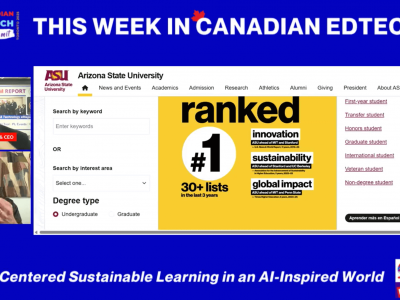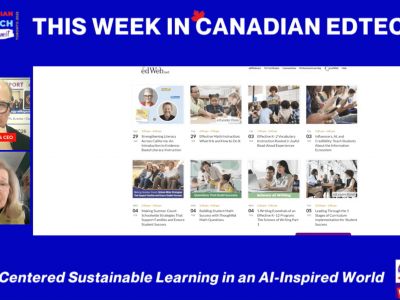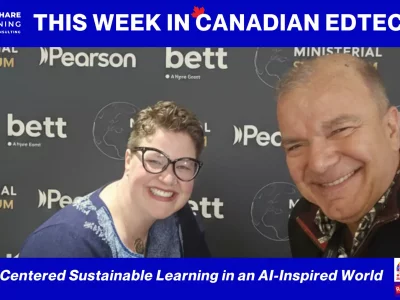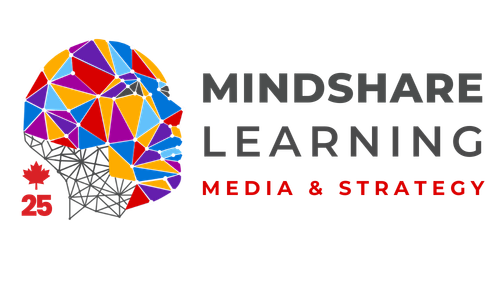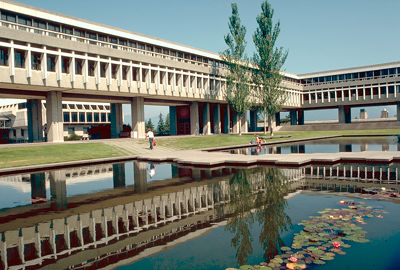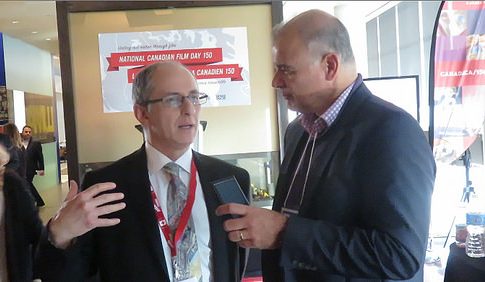
From University of Toronto News
A recently opened laboratory in the Faculty of Applied Science & Engineering invites members of the University of Toronto community to explore the new possibilities smart applications for smart phones and tablets can offer. Called the Mobile Applications Lab – or Mobile APL for short – the new lab is led by two faculty members from The Edward S. Rogers Sr. Department of Electrical & Computer Engineering, Professor Parham Aarabi and Professor Jonathan Rose.
“We want to welcome minds from across the University to partner with us. Intelligent Apps – which combine the sensors, processing, and user interaction capabilities of smartphones – are not just for engineers, but also for many other fields including the arts and medicine” said Aarabi, noting just a few of the fields that can harness the potential of this technology.
The lab is open to all faculty, staff and students at U of T, regardless of their field of study. The intention, Aarabi explained, is to harness the multidisciplinary power of the university to identify new needs and new approaches for intelligent mobile apps.
Apps have become the cornerstone of mobile computing. Now an ingrained part of the information age, apps offer entertainment or specialized support for all of life’s needs, from measuring your performance during a workout to staying in touch with friends and family. More than 500,000 apps are available through Apple as well as 350,000 for the Android market, with new ones being added every day.
The new lab is the first of its kind in Canada and joins just a small number of institutions, including MIT and Stanford University, in providing such a facility.
The new lab builds upon a course launched last year by Professor Rose on app development. Aimed at graduate students from across the university, the goal of the course is for students to produce a working app. Students with computer programing experience are matched with students from other disciplines. In teams of two or three, an app is developed that centers on the field being studied by the non-programmer.
